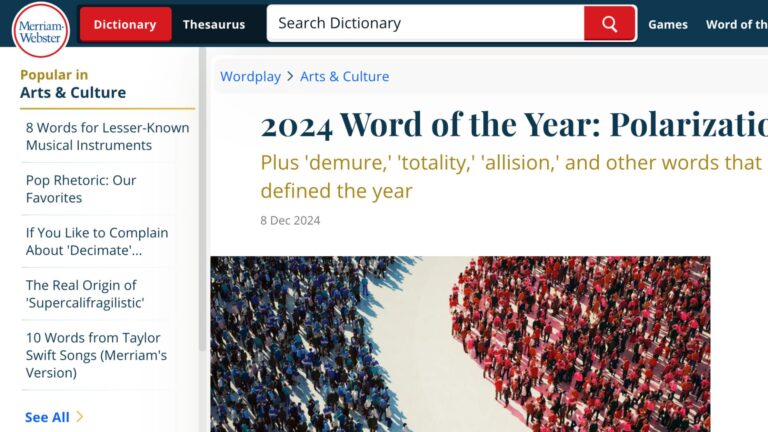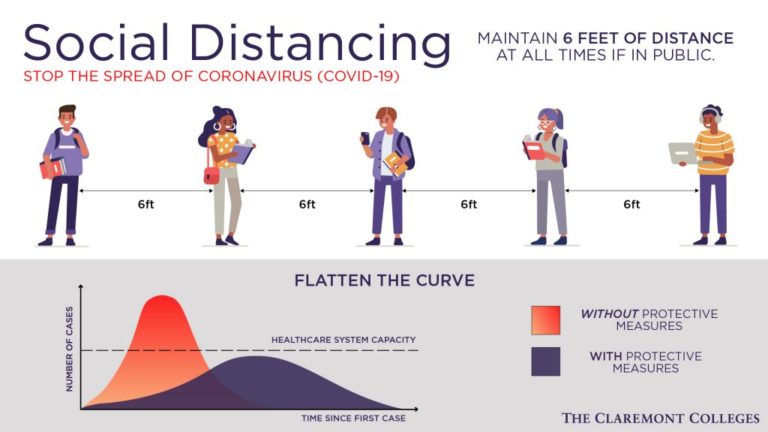Warm Up
- Please describe your current workplace (what industry/ your responsibilities etc.)
- Do computers play a large role in your workplace? if so How? If not do you use a computer at home?
- Do you have a system for sorting and saving things on your home computer?
- – Do you often download things from the internet? Perhaps music/movies/ or games/programs?
- – How do you manage your files between devices (phone, tablet etc.)
- Have you ever heard of the cloud or Cloud computing?
Listening
Before the video: Teachers will read the following questions aloud, please prepare for listening!
After the video: Did you get it? If not, please tell your teacher specifically which part you didn’t understand. Let’s review the video again 🙂
- What does the cloud act as?
- Many cloud services are based on a ‘what’ pricing model?
- What amount of all files on the cloud contain sensitive data?
Key Words & Phrases
Do you understand the following Key Words & Phrases? Your teacher will select Key Words & Phrases and ask you about their meanings.
If you don’t understand, your teacher can explain them. Afterwards, try to use the Key Words & Phrases to make a sentence!
- 00:00 have you ever taken a minute to gaze up
- 00:20 cloud is a global network of servers
- 00:39 you can backup all of that information
- 00:34 music to an external device like a CD
- 00:43 the cloud my files are sent to servers(= A program or device which allows access to other programs/devices called ‘clients’ (desktop computer or workstations)
- 00:45 in Apple’s data centers all around the world
- 00:56 there are a few obvious benefits to consumers from the cloud (Consumers = as opposed to Businesses)
- 01:00 giving you peace of mind if you lose your phone
- 01:02 you can access your data anytime
- 01:12 a ton of storage businesses
- Massive, Tonne, Huge Etc.
- ‘In the Market’ ‘Big Players’ ‘Buying in’
- Monthly Fee
- Quarterly Sales
- Take a step back
- Cyber Attacks
- First let’s discuss the benefits of using the cloud!
- For the Consumer – Hardware failures do not result in data loss – Mobility and Flexibility
- For businesses – Data Centres and Servers and Cumbersome and Expensive. Not only to build but maintain
- – Sustainability
- Now Let’s discuss the risks more in-depth
- For the consumer
- – Loss or theft of “intellectual property”
- – Malware and exfiltration
- Cloud services can be used as a vector (way of moving something from one point to another) for data exfiltration.
- – Theft of personal information, passwords, address etc.
- For businesses – Compliance violations and regulatory actions. Most companies operate under the regulatory control of some sort, think for instance Private health information or confidential student records, such information cannot be hosted without very strict privacy control. Also, Contracts amongst business parties often restrict who is authorized to access it, if an employee moves data into the cloud without authorization the business contracts may be violated and legal action could ensue. For example, many smaller cloud services maintain the right to share certain data in its Terms and conditions. this could breach confidentiality agreement made between the customer and the business.
- – Loss of control over ‘end-user actions’ For example a sales person who is going to resign from a company could download a report of all customer contracts and upload the data to a personal cloud and then access said information once employed by a competitor.
- – Customer Trust In one event 40 million customer credit card numbers used at Target Stores were stolen by cybercriminals, The breach led to a loss of business to the company.
Word Review
- Cumbersome
- Flexibility
- Malware
- Phishing
- Data Exfiltration
- Violation
- Compliance
- Regulatory
- Confidentiality



